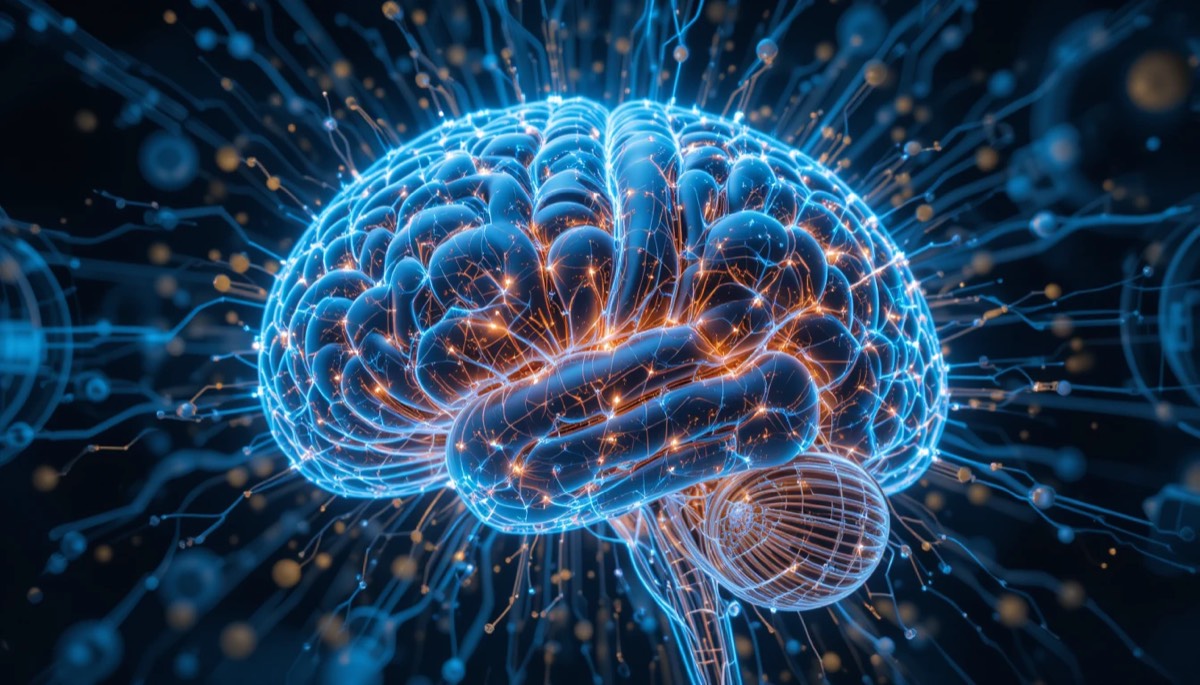Artificial intelligence (AI) is a part of computer science that is all about making computers that can do things that usually require human intelligence. This includes things like learning, solving problems, understanding language, and finding patterns. There are a few different parts of AI:
Machine Learning (ML): This is where computers learn from information and get better at doing things without being told exactly what to do. They look at a lot of information to find patterns and then use what they’ve learned to make decisions about new information.
Deep Learning (DL): This is a type of machine learning that uses a special kind of computer brain that is similar to a human brain. This lets the computer learn from a huge amount of information and make decisions on its own.
Natural Language Processing (NLP): This helps computers understand and use human language. This is what makes things like voice assistants, chatbots, and translation tools work.
Computer Vision (CV): This lets computers “see” and understand pictures and videos. This is used for things like recognizing faces, finding objects in pictures, and even helping doctors find diseases in medical scans.
How AI works
AI works by looking at a lot of information. It uses special instructions to find patterns in the information. By looking at the information over and over again, the AI learns and gets better at what it’s supposed to do. For example, if you show an AI thousands of pictures of cats, it will learn what a cat looks like and be able to find cats in new pictures.
What AI is used for
AI is used in many parts of our daily lives and is becoming more and more important in many different jobs. Here are some examples:
Voice assistants: Siri, Alexa, and Google Assistant use AI to understand what you’re saying.
Recommendation systems: Services like Netflix and Amazon use AI to suggest movies or products that you might like.
Self-driving cars: These cars use AI to see what’s around them, drive through traffic, and make decisions.
Healthcare: AI helps doctors find diseases, create new medicines, and make treatment plans for patients.
Finance: AI helps find and stop fraud, figure out risks, and manage information automatically.
Generative AI: This kind of AI can create new things like stories, pictures, and videos based on what you tell it to do. Examples include ChatGPT, Google Gemini, and Microsoft Copilot.
Different types of AI
AI can be put into different groups based on what it can do:
Narrow AI (Weak AI): This is AI that is made to do one specific thing. Most of the AI we use today is this type, like voice assistants and recommendation systems.
General AI (Strong AI / AGI): This is a type of AI that doesn’t exist yet. It would be as smart as a person and could understand, learn, and use its knowledge to do many different things.
Superintelligent AI (ASI): This is a type of AI that is even smarter than humans in every way. It doesn’t exist yet.
AI can also be grouped by how it works:
Reactive Machines: These are the most basic AI systems. They can only react to what’s happening right now and don’t have any memories. The computer that beat a chess champion in the 1990s is an example of this.
Limited Memory: These AI systems can remember things from the past to help them make better decisions in the future. Self-driving cars use this type of AI.
Theory of Mind: This is a type of AI that doesn’t exist yet. It would be able to understand human thoughts and feelings.
Self-Awareness: This is the most advanced type of AI that doesn’t exist yet. It would be aware of itself and have feelings just like a person.
AI is all about trying to make computers as smart as humans. It’s always getting better, and it’s changing the world in many ways.
AI in Action
Here are some real-world examples of how AI is being used in software development and other fields, as documented on this blog:
